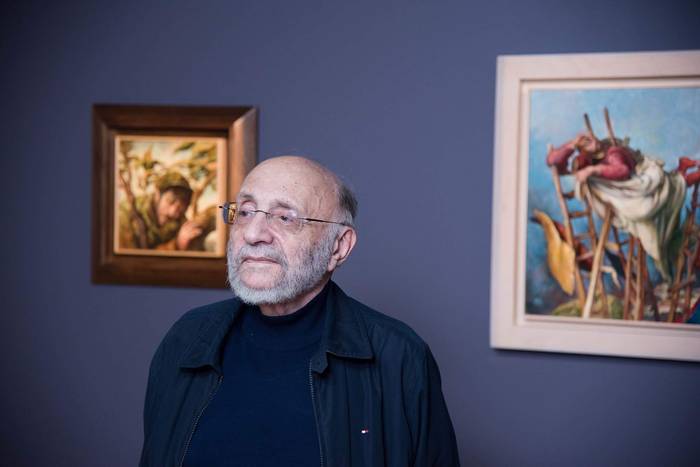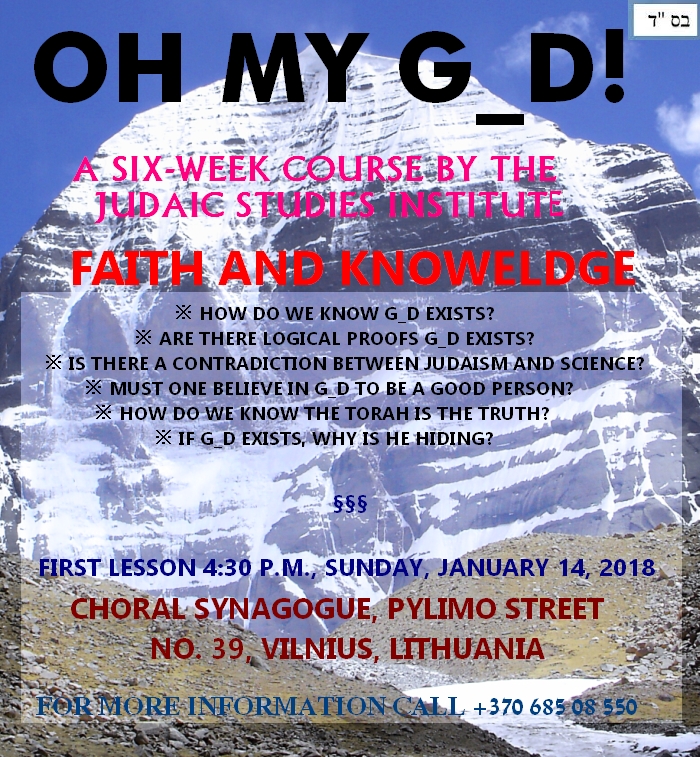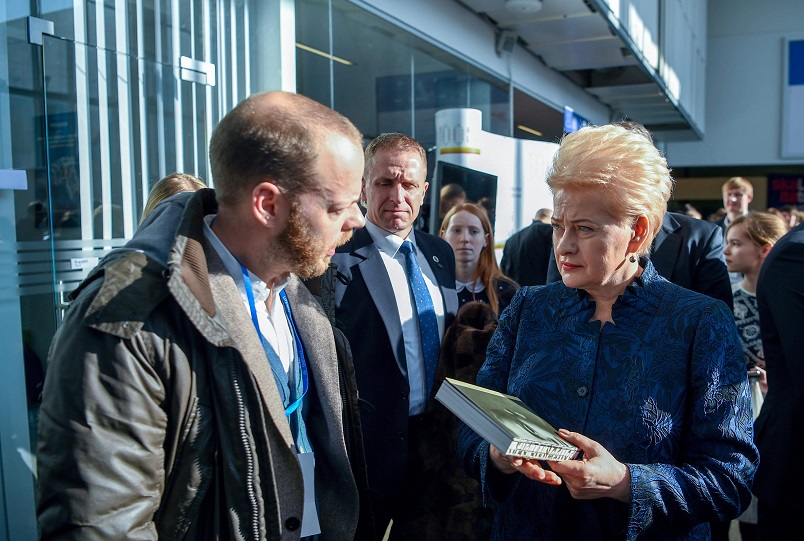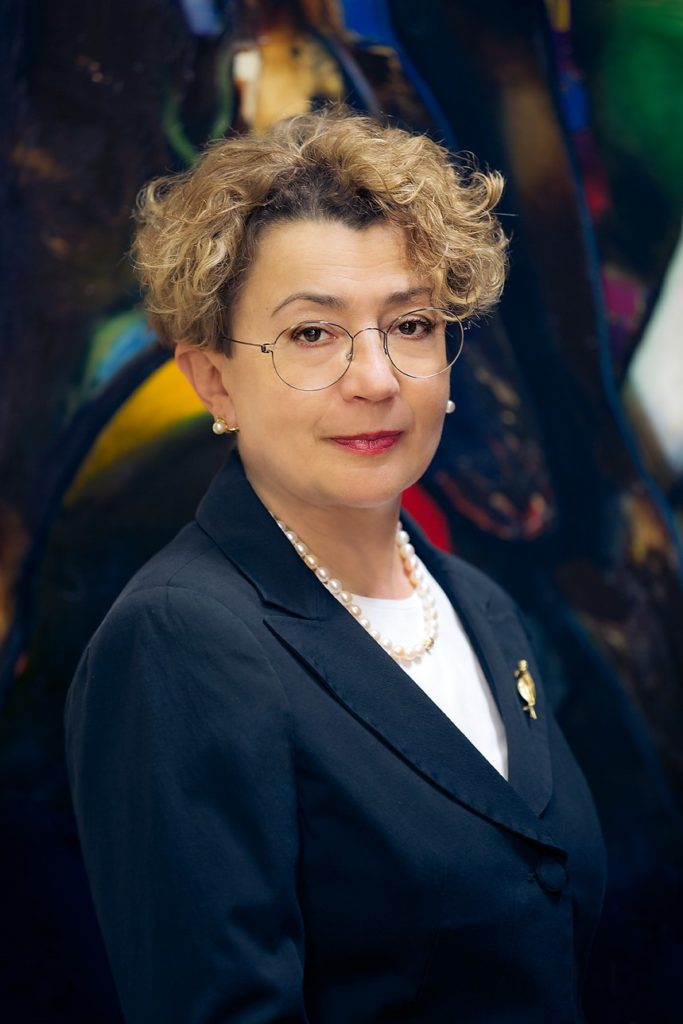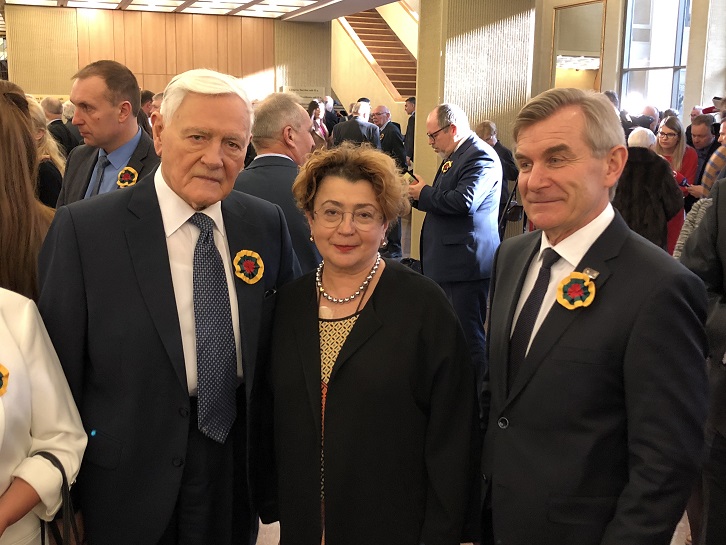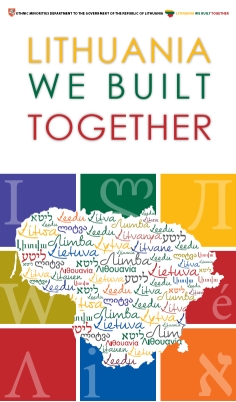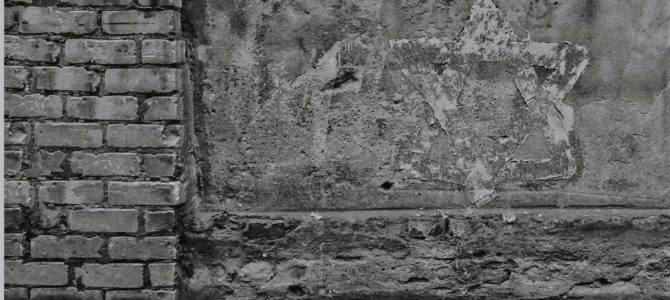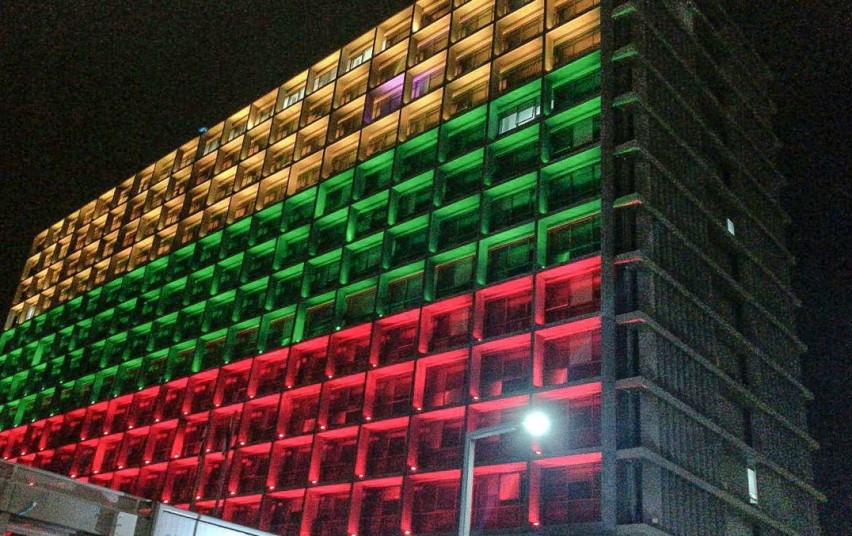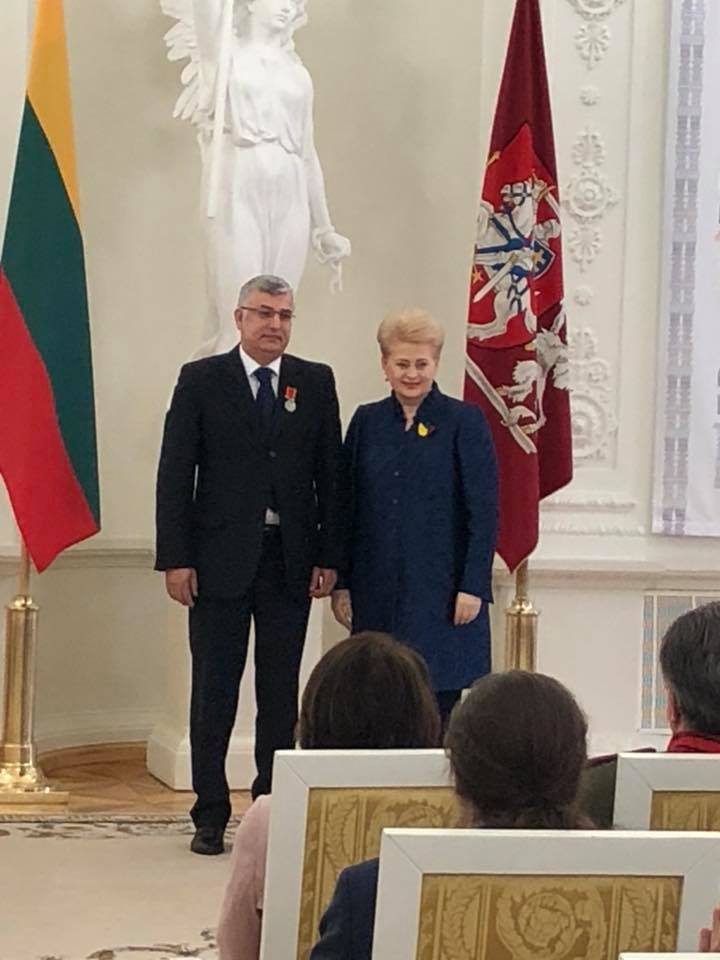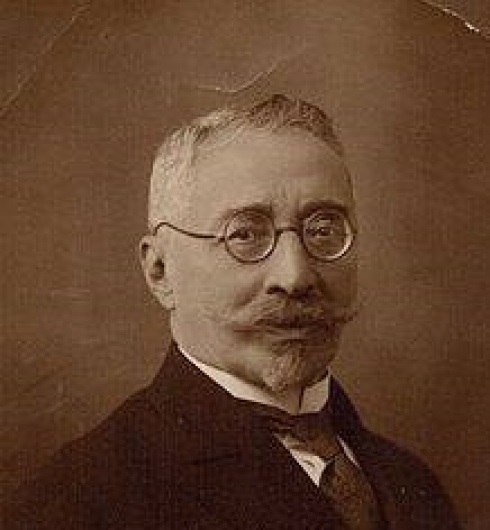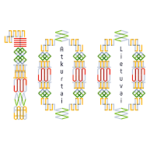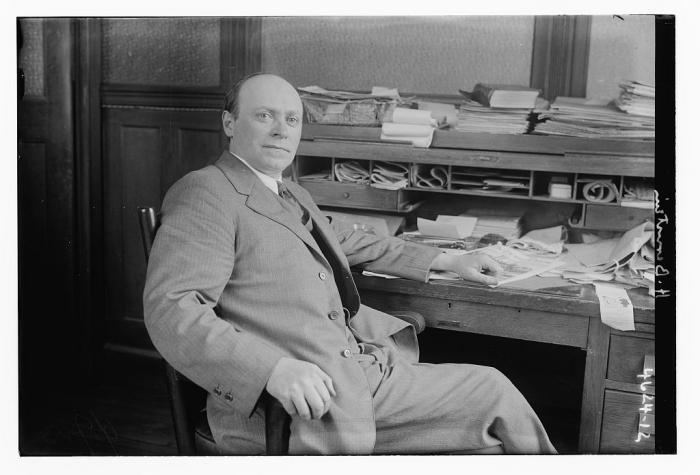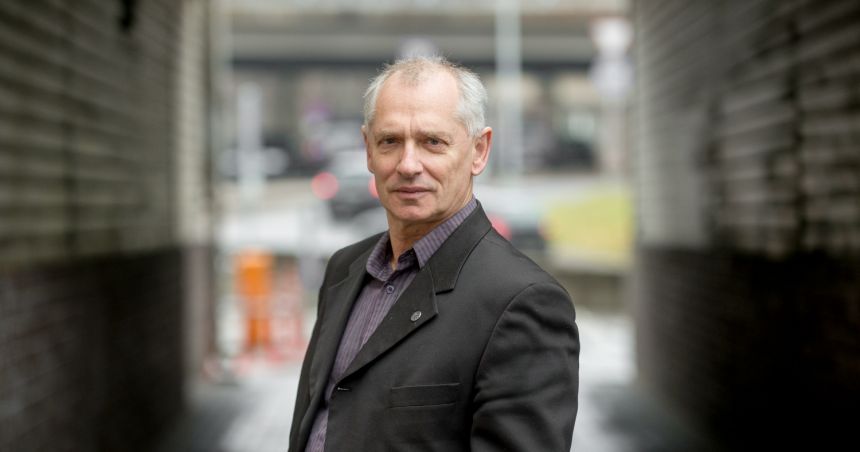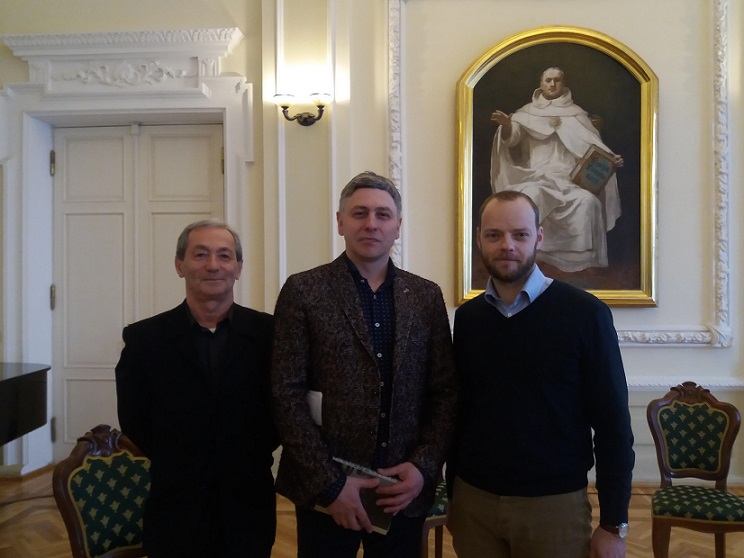
According to the Lithuanian Government’s webpage, Marius Ivaškevičius was named Tolerant Person of the Year for 2017 at a ceremony at Vytautas Magnus University in Kaunas. Historian Saulius Sužiedėlis was award the Leonidas Donskis prize at the same ceremony Sunday.
Marius Ivaškevičius initiated a Holocaust memorial march in his native town of Molėtai in late August, 2016. Thousands travelled there to participate and the march is widely considered to have marked a sea-change in Lithuanian Holocaust awareness. Ivaškevičius’s appeal before the march called “I’m Not Jewish” remains the most-read item on www.lzb.lt/en in English translation.
Saulius Sužiedėlis is the Lithuanian-American professor of history who has written numerous works on the Holocaust in Lithuania, including what is still considered the definitive modern treatment, “The Persecution and Mass Murder of Lithuanian Jews during Summer and Fall of 1941,” co-authored with German historian Christoph Dieckmann. A recent interview called “Saulius Sužiedėlis Explains Why the Nazis Didn’t Need Gas Chambers in Lithuania” was extremely popular in the Lithuanian original posted at www.lzb.lt


